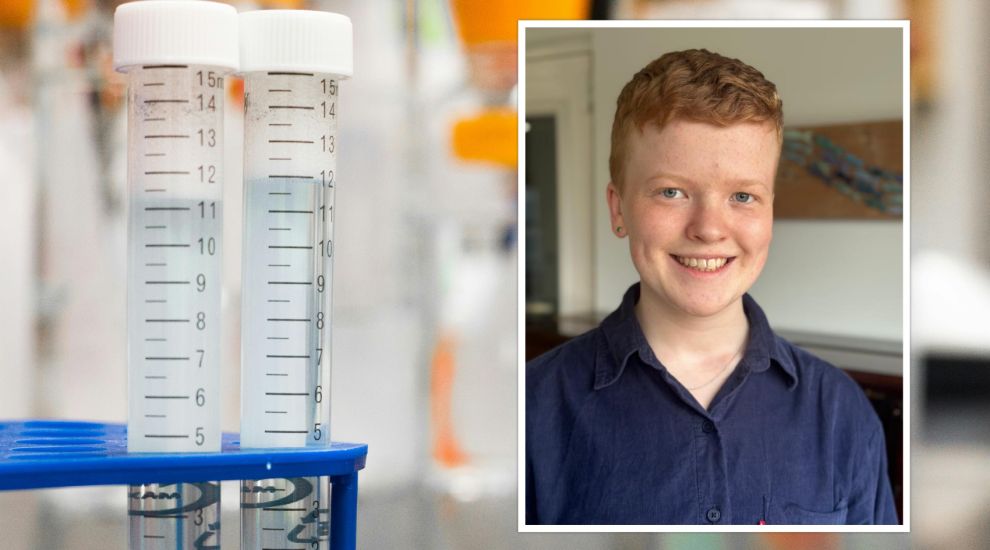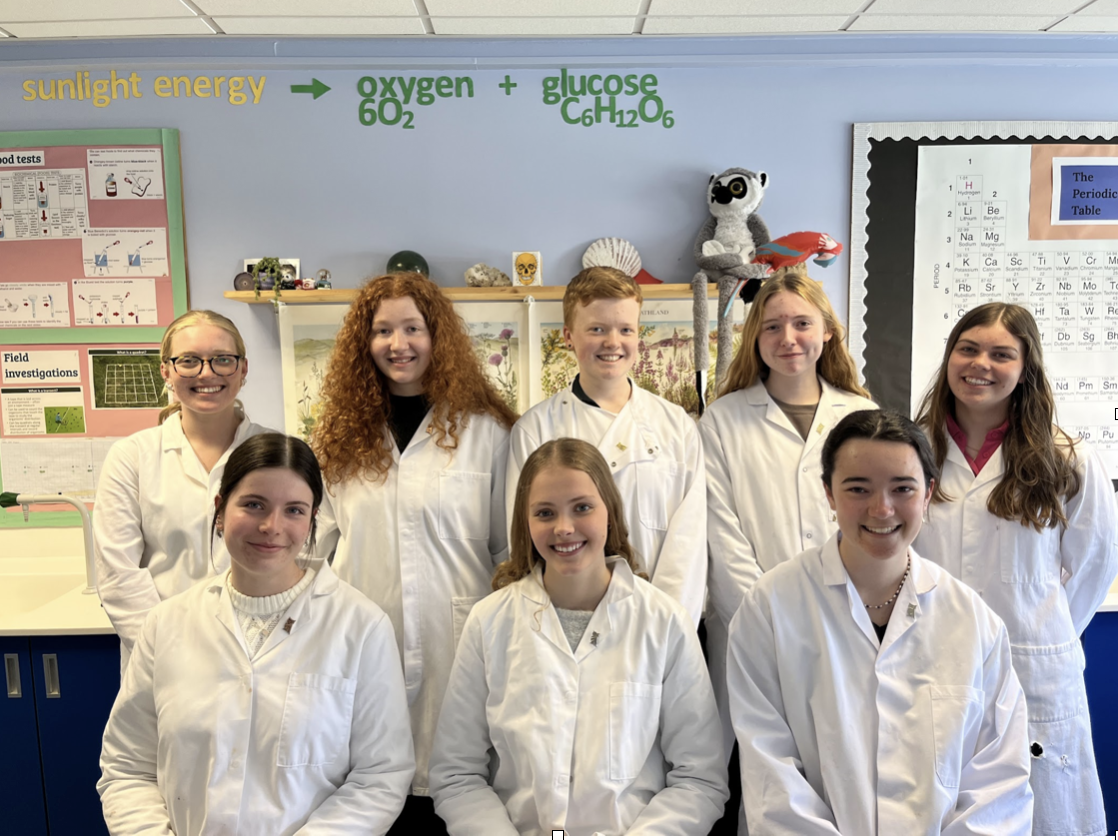


A young islander has been chosen out of almost 15,000 students to represent the UK at an international biology competition in Kazakhstan.
Poppy Pendergast, a Year 13 student at Beaulieu Convent School, has been selected as one of just four pupils chosen to compete in the International Biology Olympiad alongside youngsters from over 80 countries.
She said: "It's such an amazing opportunity and I do feel really proud of myself, because going into it I definitely wasn't expecting to be selected!
"I'm really looking forward to challenging myself and making the most of the amazing experience representing the UK, while meeting students from all over the world and exploring a new country."
The team of four students from Jersey, London, Reading and Colchester will fly to Astana in July to for the 35th year of the competition.
Here, they will take on a series of practical tasks from molecular biology, biochemistry, bioinformatics, animal anatomy and physiology, and written exams.
The British team was chosen at the University of Warwick from sixteen finalists – who themselves were selected from the highest-scoring students of the British Biology Olympiad.

Pictured: Kiera Machin, Eve Mauger-Dorrington, Poppy Pendergast, Elise Paturel, Steph Egan, Kaia Flynn, Hannah Worth and Sophia de Sousa.
Almost 15,000 students from over 1000 schools across the UK took part in the first round of the Olympiad – including eight Beaulieu students who won two gold medalists, two silvers, and two bronzes.
Poppy said: "I was very surprised because I didn't necessarily feel that I had done that well in the previous rounds because they involve parts of Biology that aren't covered in the A level syllabus, so you have to use wider knowledge and reasoning skills.
"I was very happy just to have got a gold medal, so I was delighted to be invited to Warwick, but also a bit nervous, because I didn't know what to expect."
She added: "It was quite an intense three days, but it was really fun meeting the other students and learning lots of new things.
"The first day was a training day, so we got to practise the practical techniques we would be assessed on and learn how to use new lab equipment.
"Over the next two days we completed four practical exams; including colorimetry, botany, dissection of maggots and ecology, as well as two theory exams, with one being based on bioinformatics."
Comments
Comments on this story express the views of the commentator only, not Bailiwick Publishing. We are unable to guarantee the accuracy of any of those comments.